View this post on InstagramA post shared by Bonifacio Global City (@bonifacioglobalcity) on Jan 7, 2019 at 7:42pm PST
Big brother Huawei kitted out this Philippine city. Is China watching?
- Huawei’s state of the art surveillance systems at the Philippines’ ‘Bonifacio Global City’ spark paranoia that a Chinese big brother is watching
- But the driving force behind the use of Chinese technology could be private sector greed rather than a sinister, snooping state
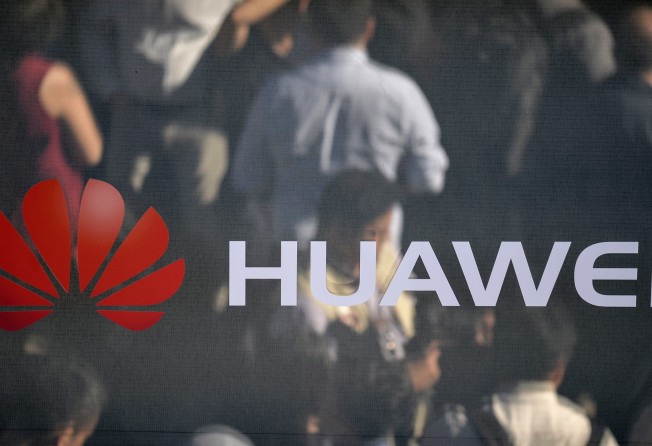
Walking along tree-lined roads past the shiny buildings of Bonifacio Global City, you could be fooled into thinking you were in Singapore, until you realise it is impossible to find a roti prata stall. The district is smack in the middle of Metro Manila but is a pedestrian-friendly oasis in the hectic Philippine capital.
BGC is a business and residential district that used to be known as The Fort. It was Fort Bonifacio, headquarters of the Philippine army and before that, Fort McKinley, built in the 1900s by the American colonial rulers. Besides the famous fort and numerous shopping centres, bars and restaurants, BGC is broken up by green spaces, is close to a few golf courses and has relatively easy access to the airport – many of the ingredients for a perfect executive playground.
It has also been equipped with state of the art mass-surveillance systems, developed by Chinese technology giant Huawei. Cameras linked to data collection tools, like number plate recognition, detect crimes and manage the flow of traffic. They are coordinated from a “central command centre” and “monitoring points” throughout the neighbourhood, which after “phase 2” of its development, could view 70 per cent of public areas. “Phase 3” was expected to take that to 100 per cent and would include cameras in all buildings and car parks.
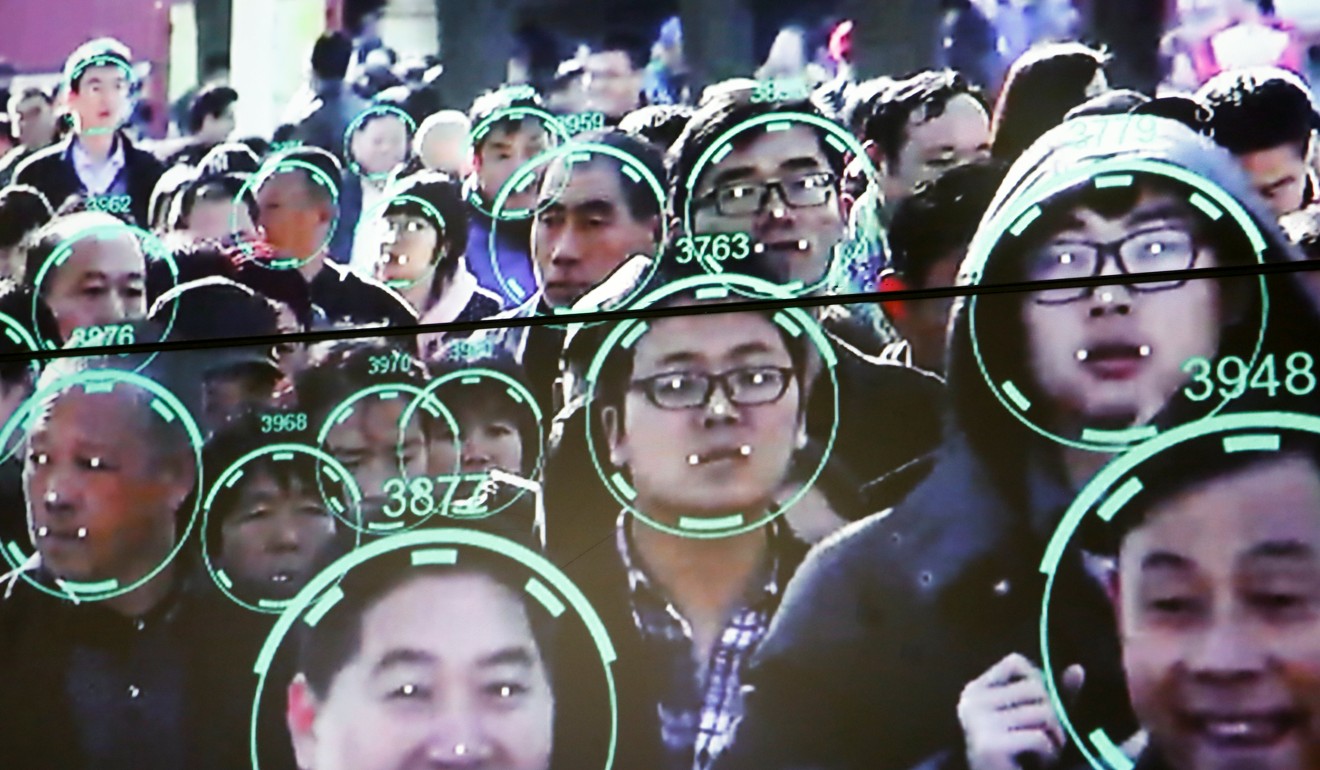
This “safe city”, as Huawei describes BGC on its website, will hopefully be a model for other cities to emulate, BGCEA executive director Rodney Medrano is quoted as saying in online marketing materials.
As well as local giant Globe, BGC has attracted multinationals including Coca-Cola, HSBC, Unilever, Google and Facebook. Property agency Jones Lang LaSalle told ABS-CBN in 2013 that companies began moving there because rents are comparable to the traditional finance hub of Makati and “the environment is beautiful”.
View this post on InstagramA post shared by Bonifacio Global City (@bonifacioglobalcity) on Jan 17, 2019 at 9:57pm PST
PARANOIA SPREADS
As Huawei’s state of the art mass-surveillance apparatus has been installed across BGC’s public spaces, it’s no surprise Western paranoia about Huawei supposedly spying on people through its products has spread to the Philippines.
Privacy advocates are concerned that as Huawei works with the police to fight crime, misuse is possible.
“The potential for surveillance and intruding into people’s privacy is large, it’s huge, it has huge ramifications for our right to privacy,” said lawyer Jam Jacob. “Previously we were aware of IBM’s partnership with at least three cities here in the Philippines … Makati City, Cebu City in the Visayas region and then Davao City, the hometown of our current president. So that’s more or less the extent of our knowledge of how the smart city phenomenon is creeping in here in the Philippines.”
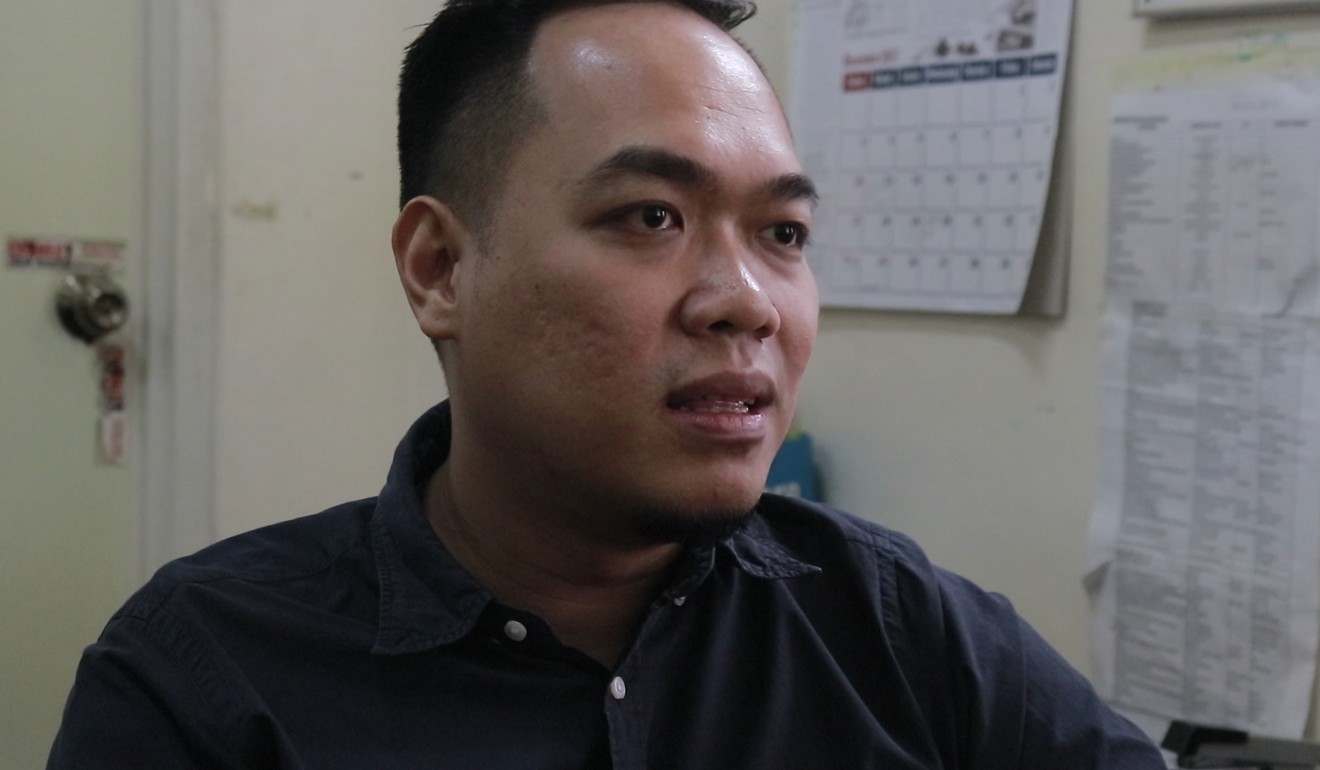
Jacob works for the Foundation for Media Alternatives, an organisation that “assists citizens and communities in their strategic and appropriate use of information and communications technologies for democratisation and popular empowerment”, according to its website. Since the internet and smartphones appeared, the group’s mission has become more complicated and privacy a bigger concern, with governments collecting masses of personal data and businesses selling it for billions of dollars. Many of them believe Huawei isn’t any different from established Western and Asian firms.
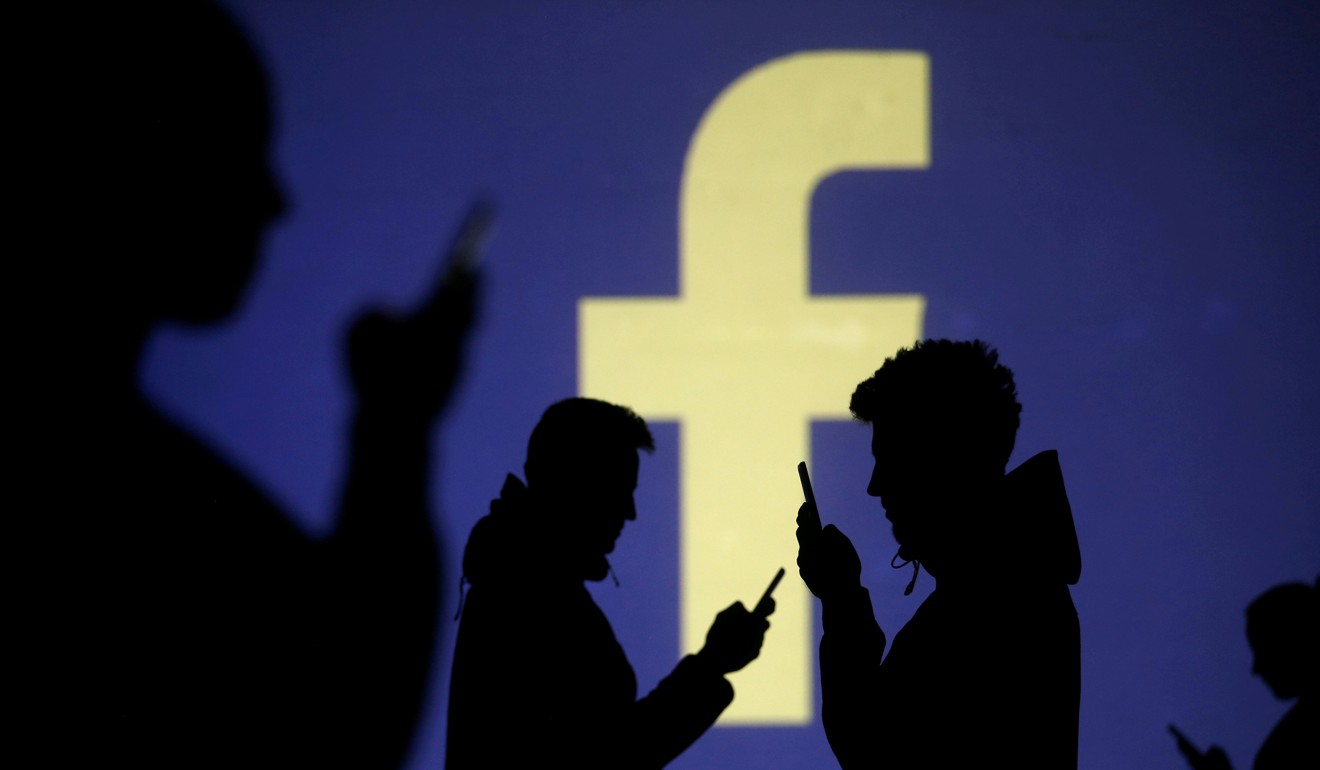
When asked about these concerns, a Huawei spokesman said: “Privacy issues are a serious matter – a challenge that we all face as an industry. Our technology is bought and then deployed. Our systems come with mechanisms to ensure that any abuse can be detected and blocked.”
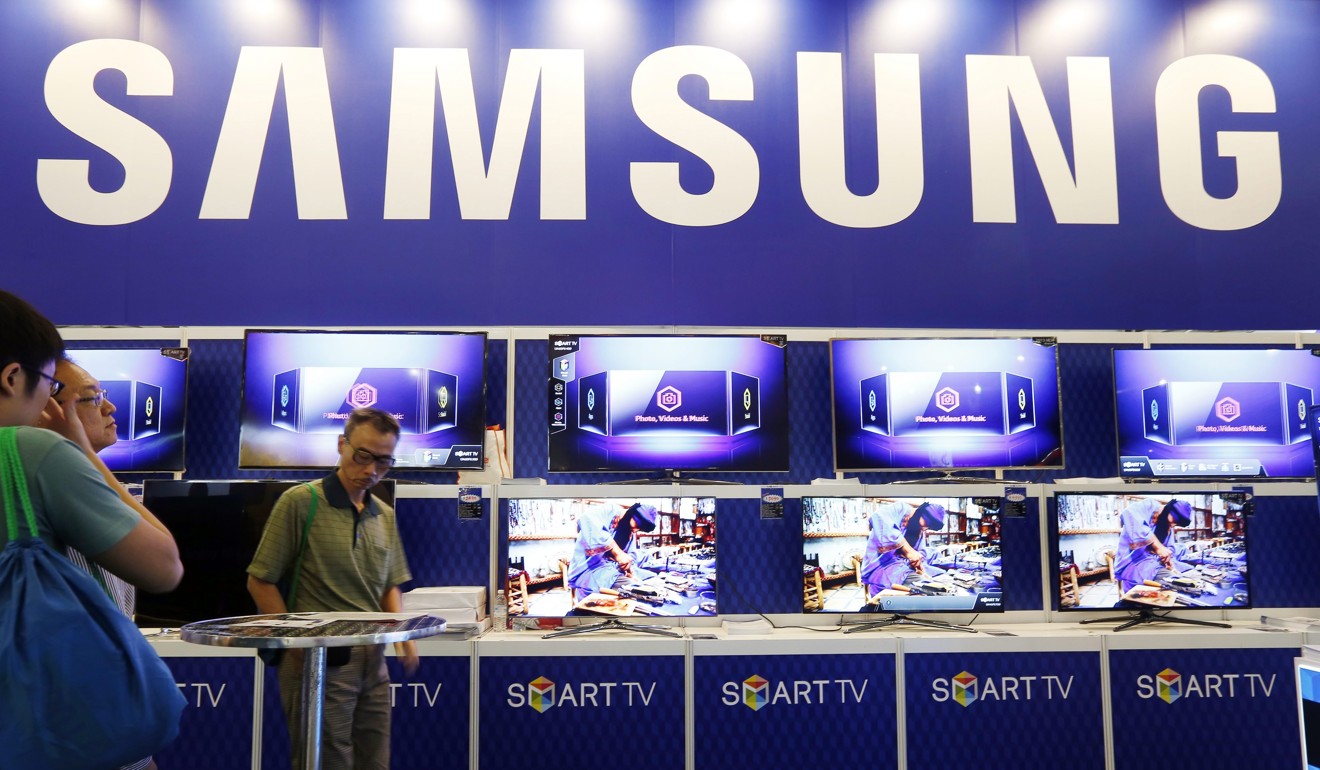
Regarding the BGC project, the company said it did not manage, use or touch the data and this belonged to the customer.
“We do not run the technology in BGC. Technology upgrades and maintenance are provided by local ICT service companies, which are accredited as Huawei partners. All operations and maintenance are handled by the customer themselves, with technical support and troubleshooting conducted locally.”
Huawei is not the only Chinese tech firm moving into the Philippines.
Smart (a subsidiary of PLDT) and Globe dominate the country’s telecoms industry and, despite complaints from users about their network coverage, were pioneers in cashless mobile payment systems. But soon they will face competition on both markets from China Mobile, which has teamed up with one of President Rodrigo Duterte’s allies to create Mislatel. That has worried FMA and others.
“Chief of my problems with any Chinese telco is the opaque ownership system,” said Ashley Acedillo, a one-time congressman and former soldier who was involved in attempts to overthrow former president Gloria Arroyo. Now he is a security analyst and regular China critic. In this case, he’s concerned state-owned companies or those said to have strong links to Beijing could be used to target or spy on critics in the Philippines.
Who’s to say that at some point in time the Chinese government tells them, ‘Look, we need this from you and since you’re there in the Philippines
“They’re not set up the way most companies are set up elsewhere … If these companies are owned in a very opaque way, it only tells me that the Chinese government has a big hand on them. That for me is a problem because who’s to say that at some point in time the Chinese government tells them, ‘Look, we need this from you and since you’re there in the Philippines …’”
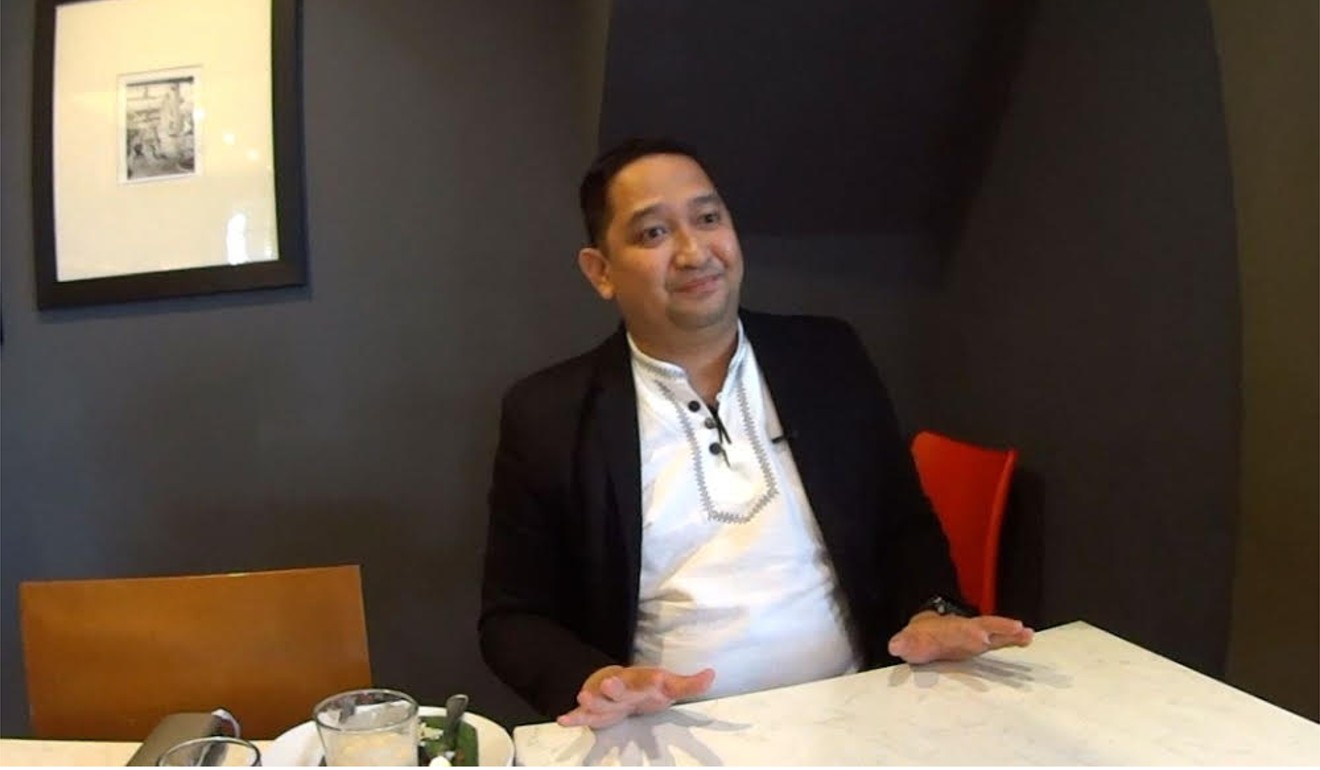
ALL EYES ON HUAWEI
The United States intelligence community has warned for years of Huawei’s alleged links to the Chinese government and the People’s Liberation Army, though Huawei has stressed it is not working for the government but is a private firm part-owned by its employees.
Fellow members of the Five Eyes – Britain, Australia, New Zealand and Canada – agreed in 2018 to try to contain Huawei’s international growth, such as banning the company’s use in government or national communication networks. Australia and New Zealand outlawed Huawei and ZTE from providing equipment for 5G wireless technology, claiming national security issues, while Canada arrested Huawei’s chief financial officer Sabrina Meng Wanzhou following US allegations she violated sanctions on Iran.
Chairman Ken Hu in December said some of the countries acted “under political pressure”. “Banning a particular company cannot resolve cybersecurity concerns,” he said. “Huawei’s record is clean.”
But developing nations trying to modernise their technological infrastructure are attracted to Chinese companies because of cheaper equipment and financing.
Chinese-made telecommunications, broadcasting, and surveillance technology have been set up in several countries as part of Beijing’s “Digital Silk Road” – a subset of the “Belt and Road Initiative”.
Acedillo is concerned by “strategic investment” tactics he says Chinese companies use to dominate markets.
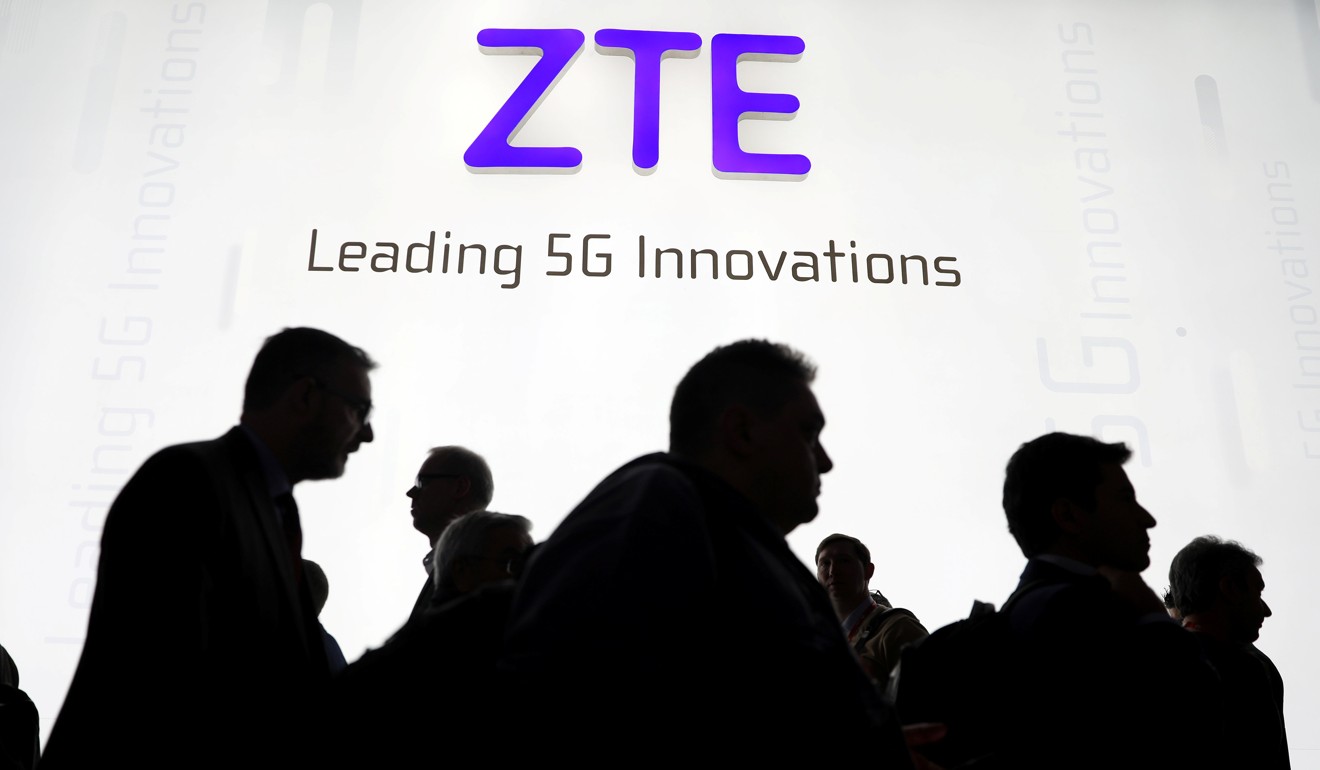
“So these guys can come into any market, lower their price and beat anyone in the market precisely because they can take in these losses because they are viewed as strategic investments … the end in mind being that they should first get into certain markets and think about making money later. That fusion of the private sector and the government, the way it’s being done in China, to me, presents quite a problem.”
But when it comes to the use of surveillance technology in the Philippines, it appears to be driven by a government with little knowledge of how it might be misused, and private companies looking to make a cheaper deal.
“In terms of expertise and in having sufficient background in how all these things work, I can honestly say that government agencies [are still lacking], so I’m fairly certain that the motivation here or the driving force here is the private sector,” said Jacob, who points out that in other countries, it might be the government thinking up ways to track citizens and then getting tech firms to make it reality.
“As far as the private sector is concerned, it remains their motivation to get more profits. That’s the bottom line I suppose.” ■
Additional reporting by Agence France-Presse and Bloomberg